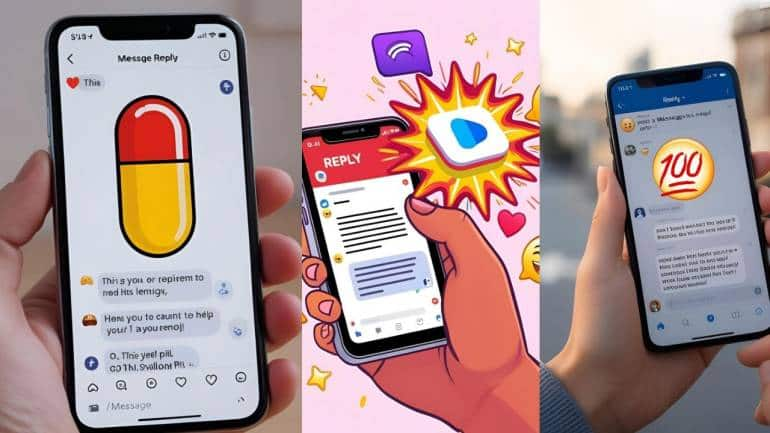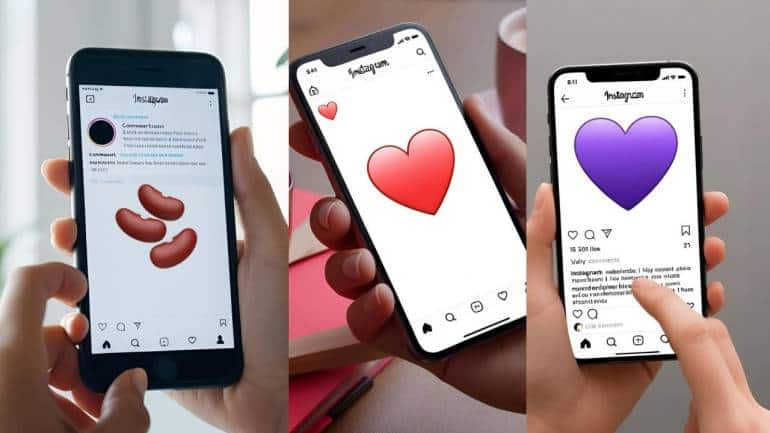



Growing up has always been tough, but social media has made it even harder. So many new terms, so much unnecessary information to process, and next-level peer pressure. A recent Netflix show, Adolescence, sheds light on the pressure and trauma teenagers face in modern times.
One scene, in particular, uncovers the surprising, and sometimes sinister, meanings behind emojis, symbols many adults assume are harmless.
Decoding emojis:
In the second episode of Adolescence, an investigating officer DI Luke Bascombe (portrayed by Ashley Walters) visits his son’s school while working on a case involving a teenager, Katie, allegedly murdered by her classmate, Jamie. Luke’s son, Adam (portrayed by Amari Bacchus), a teenager and Jamie’s friend, breaks down the meaning of emojis to his dad. Luke is shocked to learn that what appears to be friendly or flirtatious can actually be a form of bullying, revealing a much darker reality behind these seemingly innocent symbols.

Adam tells his dad, “It's not going well because you're not getting it. You're not reading what they're doing, what's happening." He then shows his father Katie’s Instagram comments to Jamie. “Looks like she’s being nice, right?” But as he explains the hidden meanings behind each emoji, it becomes clear that the messages are anything but friendly.
The hidden language of emojis
Adam decodes some commonly used emojis that have evolved into coded messages, often with disturbing connotations:

Discover the latest Business News, Sensex, and Nifty updates. Obtain Personal Finance insights, tax queries, and expert opinions on Moneycontrol or download the Moneycontrol App to stay updated!
Find the best of Al News in one place, specially curated for you every weekend.
Stay on top of the latest tech trends and biggest startup news.